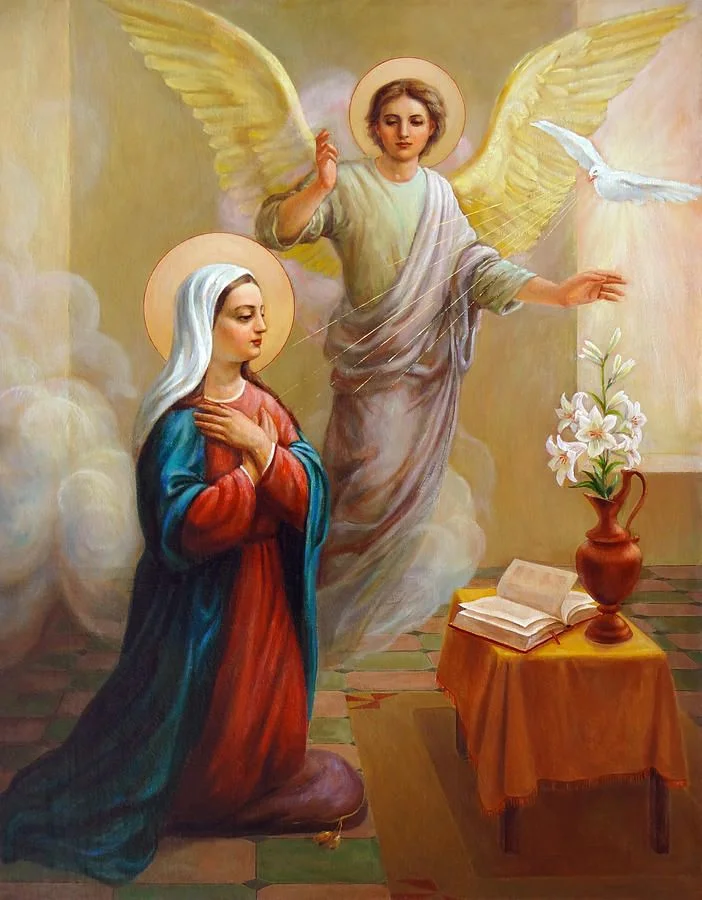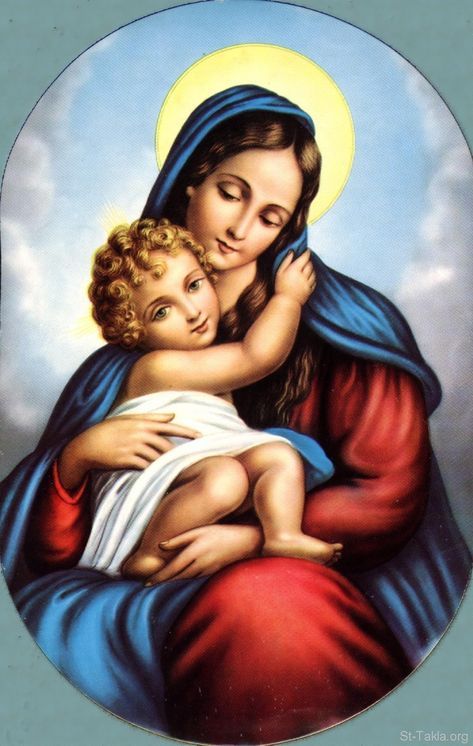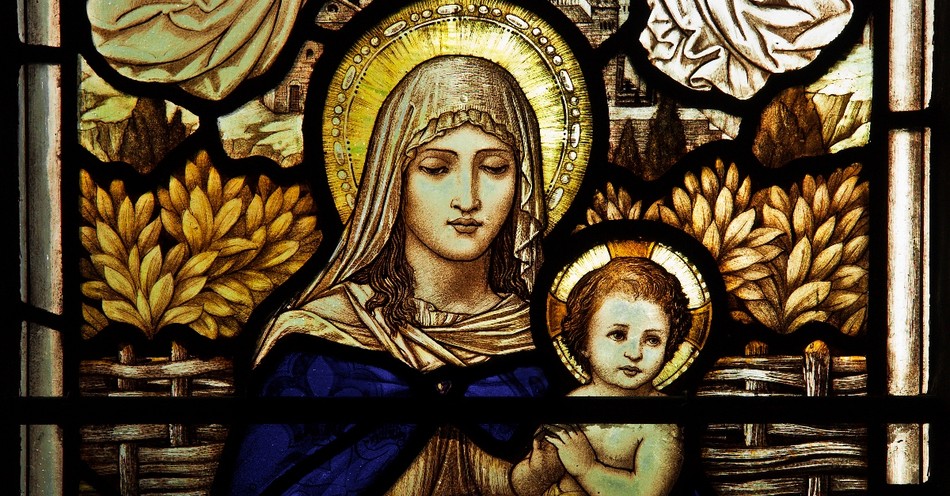Mary as Mediatrix: A Theological Exploration of Intercession and Grace
Introduction: Defining Key Concepts
This article explores the theological concept of Mary as Mediatrix, examining her role within Catholic theology and its implications for the spiritual lives of believers. We will define key terms: mediation, in this context, refers to Mary's role as an intercessor, not as a rival to Christ's unique mediation but as a conduit of divine grace. Intercession is the act of pleading on behalf of another. This exploration draws upon biblical passages, theological principles, and the historical understanding of Mary's place within the Christian faith. We will analyze the significance of Mary's role through the lens of various theological models and frameworks, including the concept of divine grace and its transmission within the context of salvation.
Mary's Divine Motherhood and Intercessory Role
The foundational basis for understanding Mary's role as Mediatrix is her divine motherhood. Luke 1:43, where Elizabeth proclaims Mary "the mother of my Lord," establishes Mary's unique relationship with Jesus, the Son of God. This divine motherhood, however, does not diminish Christ's unique mediatorship but rather provides a framework for understanding Mary's intercessory role. Theological models that emphasize the interconnectedness of the Trinity (e.g., Trinitarian theology) can illuminate this dynamic, suggesting that Mary's intercession is an expression of the divine economy, not a subversion of it. This is consistent with the principle of plenitude, where God’s actions are both supremely powerful and simultaneously graceful and merciful. The relationship between Mary's intercession and divine grace aligns with the concept of instrumental causality, where God utilizes secondary causes (in this case, Mary's prayer) to achieve His purposes.
Biblical Examples of Mary's Intercession
The wedding at Cana (John 2:1-12) serves as a prime example of Mary's intercessory role. Her intervention prompts Jesus's first miracle, illustrating her capacity to influence His actions on behalf of others. This episode demonstrates the efficacy of prayer and its influence on divine action. This can be understood using the framework of communicatio idiomatum, emphasizing the union between Christ's humanity and divinity, suggesting Mary's appeal to him leveraged his divine nature while simultaneously respecting his human experience. This model highlights the interaction between divine sovereignty and human participation in the divine plan.
Mary in Catholic Devotion and Tradition
Catholic devotion, particularly the Rosary, highlights Mary's mediatorial role. The repetitive prayer of the Hail Mary explicitly requests her intercession. The Rosary itself can be viewed through the lens of participatory theologies, emphasizing the active role of believers in cooperating with God's grace. This active participation is further reinforced by the theological concept of sanctification, wherein the believer gradually becomes more holy and Christ-like. The saints' unwavering faith in Mary's mediation further supports this aspect, underscoring the historical understanding of her role within the Catholic Church.
Mary's Role in the Ecclesial Context
The Catholic Church's consistent affirmation of Mary's mediatorship underscores its theological significance. Statements by Popes, such as Pope St. John Paul II’s reflections on Mary's role in the mystery of redemption, emphasize her position as Mother of Christ and mother to humanity. This perspective aligns with the Church's understanding of the communion of saints, highlighting the interconnectedness of believers across time and space. It also emphasizes the ecclesial nature of salvation, suggesting that the Church is not merely an institution but a living body united in Christ and actively participating in God's saving grace, mirroring the communal aspects of the early church as depicted in the Acts of the Apostles.
The Assumption and Mary's Heavenly Glory
The dogma of the Assumption underscores Mary's unique relationship with Christ, affirming her bodily ascension into heaven. This belief signifies her ultimate triumph over sin and death, reinforcing her role as a model of faithful discipleship. This aligns with the broader Christian concept of eschatology, the study of final things, suggesting a preview of the ultimate victory over death and the promise of heavenly glory. The Assumption can be viewed as a prefiguration of the future hope for all believers, underscoring the significance of Mary's example in the context of Christian discipleship. The theological implications of this belief point to the eschatological fulfillment of salvation history.
Mary's Maternal Love and Our Personal Relationship with Her
Mary's maternal love, evident in her care for Jesus and her continued solicitude for humanity, encourages a personal relationship with her as a loving mother. This personal aspect resonates with the concept of agape, the self-sacrificing love characteristic of God's love for humanity. Her example fosters a deep, nurturing connection with believers seeking guidance and support in their spiritual journeys. Mary's role isn't solely theological; it's profoundly pastoral, providing comfort, guidance, and an example of faith and surrender.
Conclusion and Recommendations
The theological exploration of Mary as Mediatrix reveals a profound and multifaceted understanding of her role within the Christian faith. Her intercessory role, rooted in her divine motherhood and supported by biblical examples and theological reflection, offers believers a powerful model of faith and surrender. Future research could explore further the relationship between Mary's mediatorship and contemporary theological debates, specifically investigating comparative approaches from different Christian denominations. Analyzing different devotional practices focused on Mary across cultures and their impact on the spiritual formation of believers could also provide further insights. The concept of Marian devotion requires continued analysis and discussion to fully understand its nuances and impact on the Christian faith.
Reader Pool:
Considering the various theological perspectives presented, how might a deeper understanding of Mary's mediatorship enrich contemporary approaches to prayer and spiritual growth within the Christian community?
```





